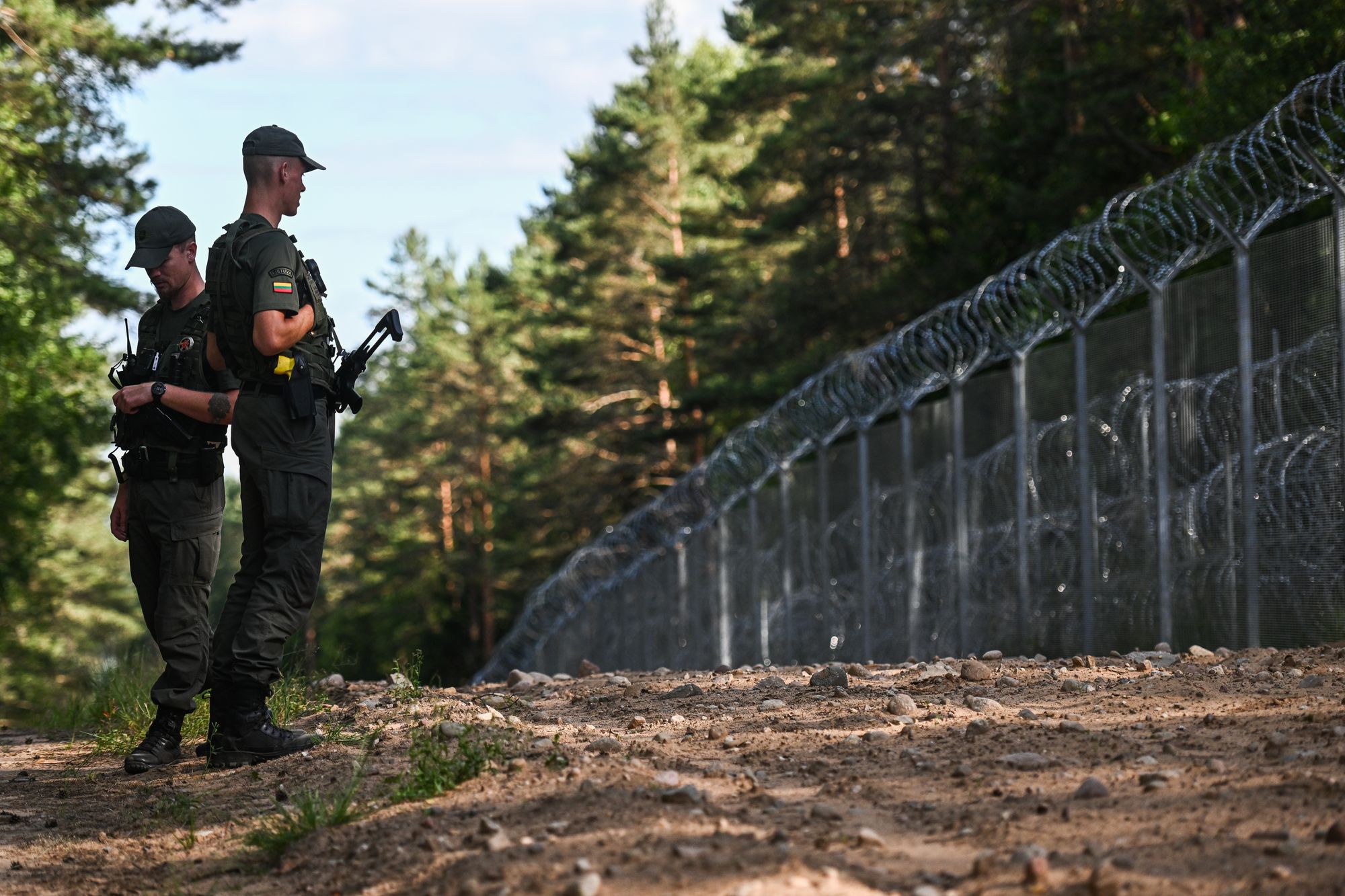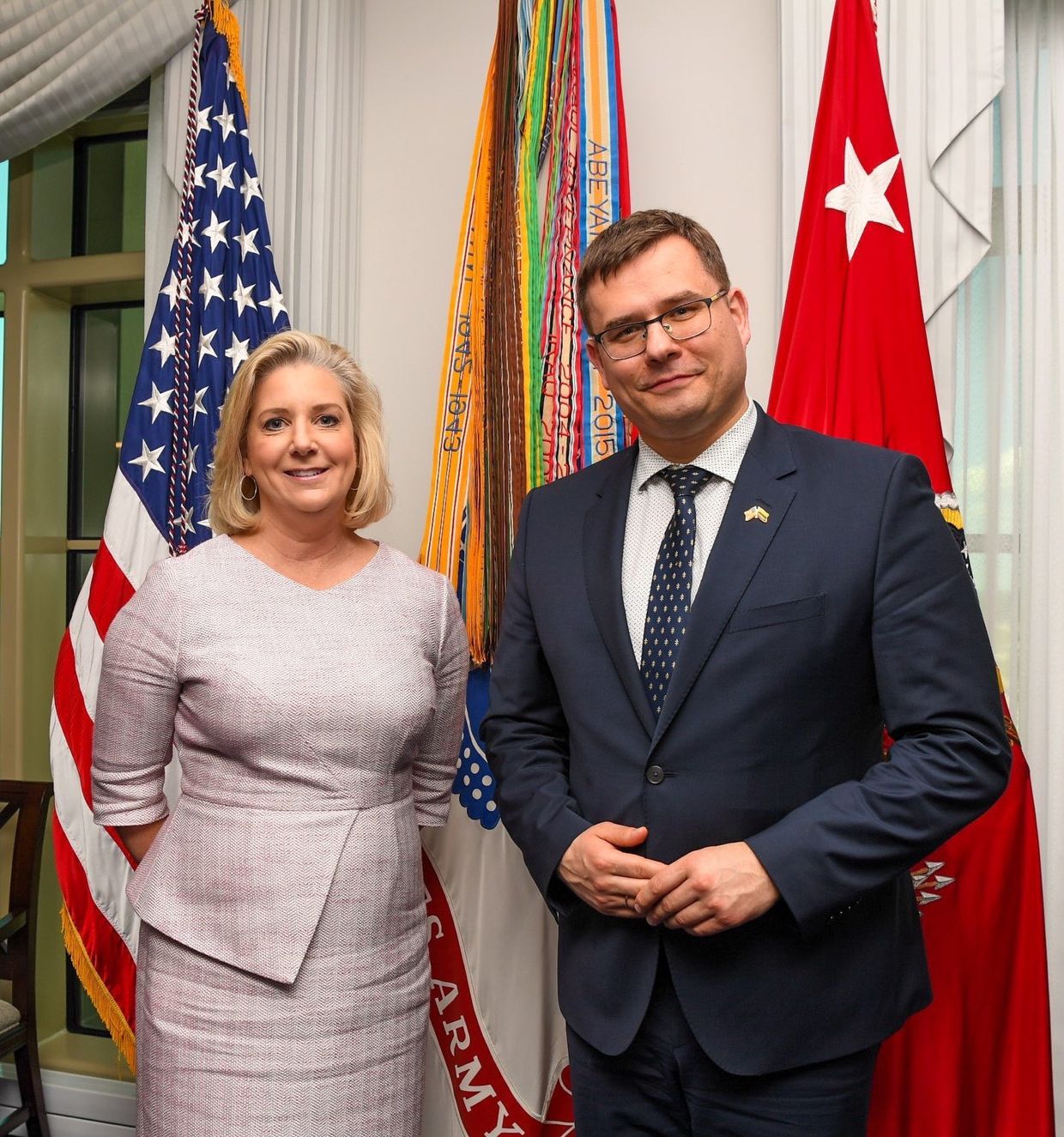The American military battalion stationed in Lithuania will remain in the country indefinitely, not just until 2025 as previously planned, Lithuanian Defense Minister Laurynas Kasciunas said on May 2.
“During my visit to Washington, I received firm and clear confirmation from the US National Security Council and the Pentagon that the U.S. presence in Lithuania is indefinite and the deployment of forces in the region will remain unchanged,” Kasciunas told the Baltic News Service (BNS).
The three Baltic countries are Washington's NATO allies bordering Russia. Tensions between Moscow and the alliance have been mounting since the start of the full-scale Russian invasion of Ukraine in 2022.
The U.S. has maintained a force presence in Lithuania on a rotational basis since 2019. Following the outbreak of the full-scale invasion of Ukraine, these battalions were reinforced with more troops and equipment. Lithuania's American battalion was originally expected to remain in the country until 2025.
Kasciunas said the decision to allow the American battalion to remain indefinitely was made in recognition of the value of military presence in Lithuania as a means to defend and strengthen the NATO alliance against Moscow.
“During the meetings, I made it clear that the US presence in Lithuania is necessary, and together with NATO, the German brigade, and national forces, this is precisely the necessary combat power that can reliably deter Russia."
Since 2020, the U.S. Defense Department has been developing military capability and interoperability of the Estonian, Latvian, and Lithuanian militaries through the Baltic Security Initiative (BSI). Washington allocated $225 million to the initiative in 2023 and $169 million a year before that. The focus of the funding is on developing air defense, maritime situational awareness, and land forces.
Earlier this year, the U.S. Congress passed a bill allocating $228 million in military aid to Estonia, Lithuania, and Latvia.
A Lithuanian intelligence report from earlier this month says that even as Moscow keeps allocating huge resources to war against Ukraine, it also keeps preparing for a long-term confrontation with NATO, including in the Baltic Sea region.














